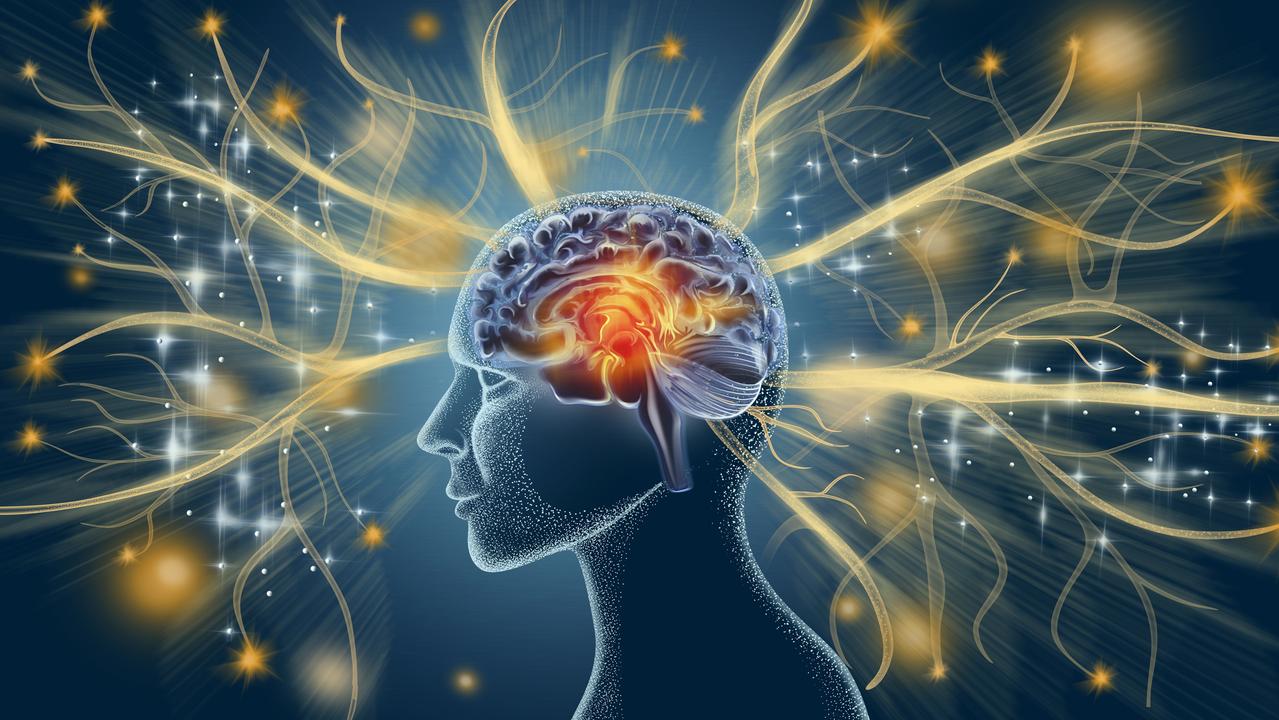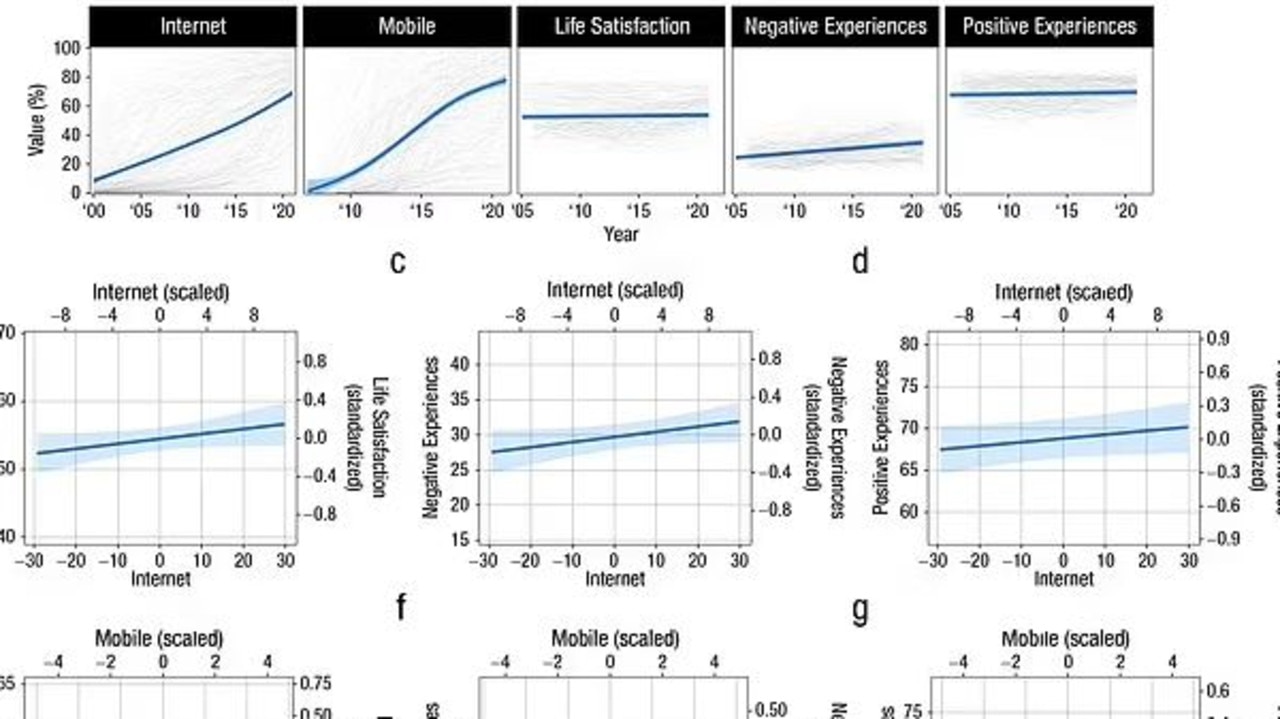Scientist Richard Dawkins shares chilling mental health warning
A world-famous scientist has issued a chilling warning about the link between modern technology and the future of humanity.
Science
Don't miss out on the headlines from Science. Followed categories will be added to My News.
A world-renowned scientist has issued a chilling warning about the link between technology and the current mental health crisis.
Biologist Richard Dawkins has claimed that the rising cases of mental health issues in the Western world might be due to the “astonishing rate” of technological change.
The 83-year-old iconic British author and evolutionary scientist has floated the compelling theory that humans are evolving too slowly to keep up with our environments — that is, that our brains cannot catch up with technology.
This can cause a major imbalance that disrupts our sense of wellbeing.

Dawkins revealed his theory during a podcast appearance on Sunday, where he explained that there had been years of research that linked social media use to depression and other ailments among young people.
“Many people do worry that the pace of change is such that we are no longer well-adapted to live in it,’ Dawkins told Triggernomotery podcast listeners.
“This is a worry.”
There is much debate about the relationship between technological advancement and human wellbeing, with one study led by Oxford’s Internet Institute finding no ‘smoking gun’ linking the two.
“Certainly, the rate at which we are evolving genetically is minuscule compared to the rate at which we are evolving non-genetically, culturally,” Dawkins said.
“And much of the mental illness that afflicts people may be because we are in a constantly changing unpredictable environment in a way that our ancestors were not.”

However Dawkins, who is outspoken in his views of cultural trends surrounding gender, religious beliefs and other political topics that he believes goes against scientific reasoning, was hesitant to fully support this theory.
“Actually, I think it’s amazing how resilient we are,” he said.
“We do seem to, most of us, manage to cope pretty well with the astonishing rate of change in my lifetime.”
Dawkins, who is the author of groundbreaking books like The Selfish Gene (1976) and The God Delusion (2006) looked to an international study published last November in the Clinical Psychological Science journal for optimism.
The article used data from two million people aged between 15 and 89 from 168 countries and found that smaller associations than expected if the internet or social media were causing widespread psychological harm.
Professor Andrew Przybylski, of the Oxford Internet Institute, led the research and published a similar study about Facebook usage last year.

In his works, he and his co-authors looked at data on the rates of anxiety, depression and self-harm from 2000-2019 in 200 different countries.
Wellbeing was measured using data from face-to-face and phone surveys by local interviewers.
At the same time, mental health was assessed using statistical estimates of depressive and anxiety disorders as well as episodes of self-harm.
“We looked very hard for a ‘smoking gun’ linking technology and wellbeing and we didn’t find it,’ Oxford scholar Przybylski said.
“The popular idea that the internet and mobile phones have a blanket negative effect on wellbeing and mental health is not likely to be accurate.

“It is indeed possible that there are smaller and more important things going on, but any sweeping claims about the negative impact of the internet globally should be treated with a very high level of scepticism.”
Dawkins expressed more direct concerns about human technology’s impact on evolution, climate change and basic self-reliance during his podcast appearance.
“The internet is a huge change, it’s a gigantic change,” he noted.
“We’ve become adapted to it with astonishing rapidity. If we lost electricity, if we suddenly lost the technology we’re used to, humanity might not be able to adapt in time, without great social upheaval and death.”
More Coverage
Originally published as Scientist Richard Dawkins shares chilling mental health warning









